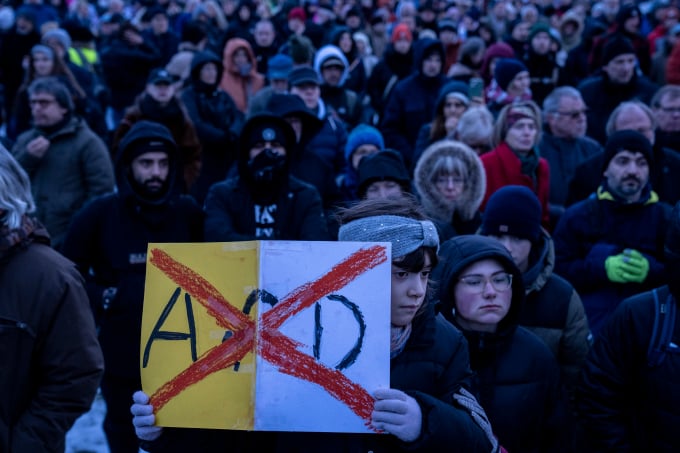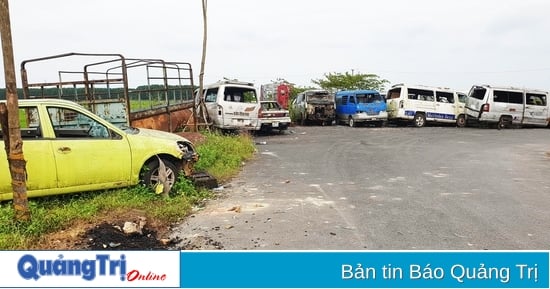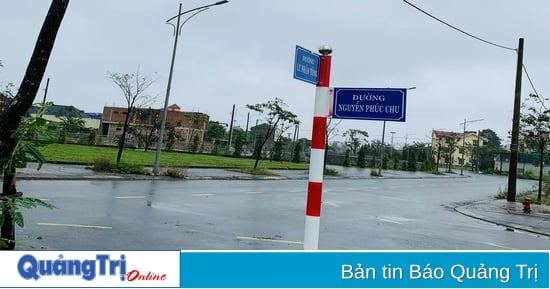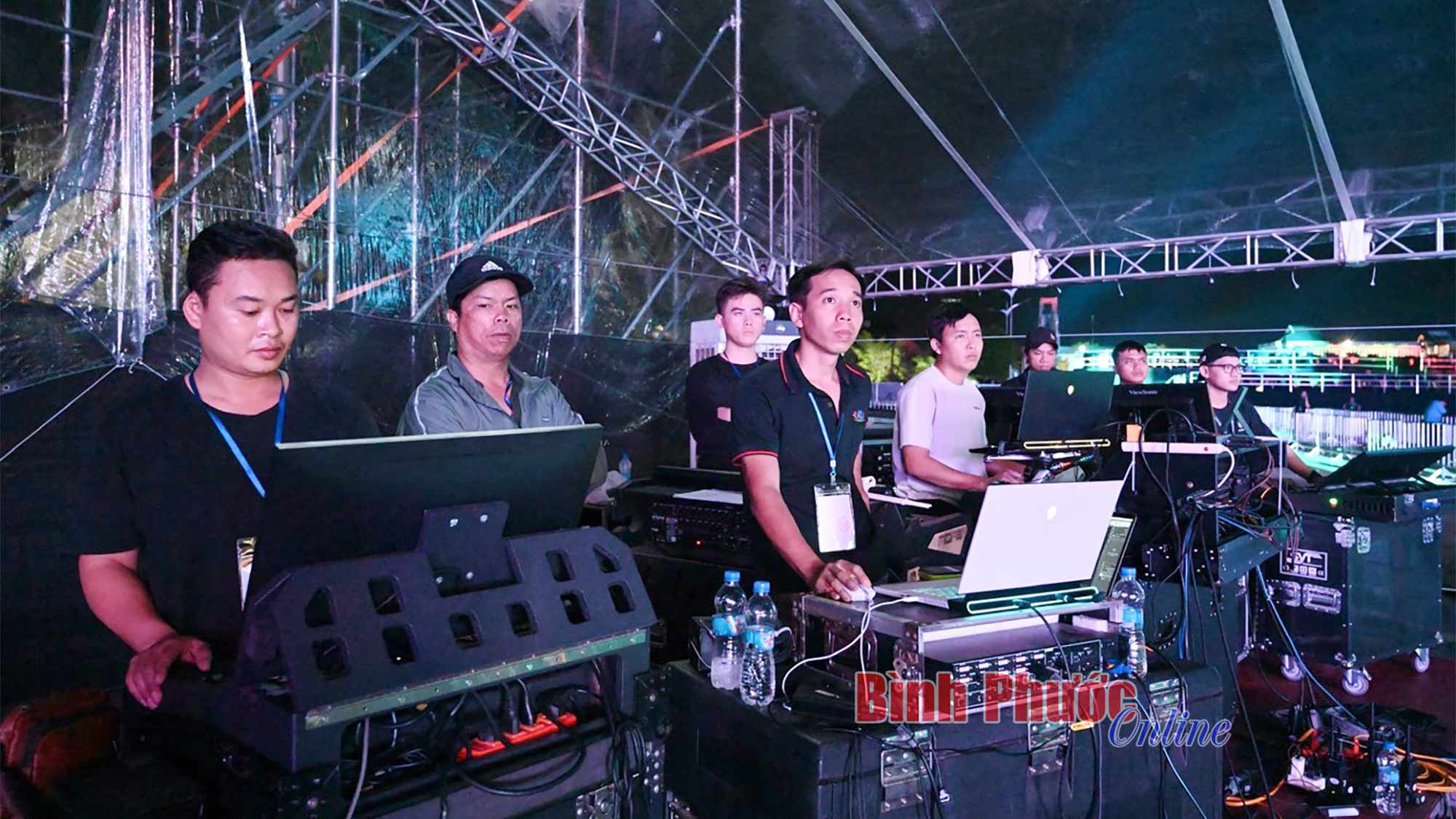When she took part in a recent anti-AfD protest in Berlin, Sabine Thonke hoped to curb the growing power of the extremists.
Sabine Thonke, 59, has watched the rise of the far-right Alternative for Germany (AfD) party with unease. When she heard that AfD politicians were discussing plans to expel millions of people from Germany, she felt compelled to act.
"I never thought such inhumane ideas would appear in Germany again. I think we have learned a lot from the past," Thonke said.
Like Thonke, many Germans believed that their country would be free of extreme nationalism and racism after its haunting Nazi past. But they were wrong.
If Germany held an election now, the AfD would be the second-largest party, according to polls. The far-right party is particularly popular in Germany's less prosperous eastern states.
The AfD’s rise has been fueled by anger over inflation and rising immigration in Germany. The European Union received 1.1 million asylum applications in 2023, the highest since 2015, with 330,000 of them in Germany, mostly from Syria, Afghanistan and Türkiye. Germany has also taken in more than a million Ukrainians fleeing conflict.
Many voters in Germany and across Europe are increasingly supporting far-right nationalist parties that say they would restrict immigration, deport refugees and potentially curtail democratic freedoms of religion, speech or protest. These groups are growing in France, Italy, the Netherlands and Austria.

Sabine Thonke in Berlin, Germany. Photo: AP
After the defeat of Nazi Germany in 1945, Germans believed that the Nazi regime would never appear on their soil again. German schoolchildren are often taken on tours of concentration camps or Holocaust memorials to remember the lessons of the past.
Thonke, who works at a water supply company in Berlin, grew up in Bavaria and was not told much about what happened during the Nazi era by his grandparents, but learned about the rise of Adolf Hitler and the Holocaust at school.
She said the far right today uses similar tactics to those used in Hitler's time to instill fear in people in order to gain their trust and votes.
"I understand that many people are exhausted by the crises, from Covid-19, the conflict in Ukraine, the migration issue and inflation. They are afraid that things will get worse. But the solutions that the AfD offers cannot solve those problems," Thonke said.
Opinion polls show the AfD leading in the eastern states of Saxony and Thuringia, with around 35% support in each. Both states hold elections in the fall, along with Brandenburg, where the AfD is expected to make a big advance.
The far-right AfD is particularly popular with German men, with around two-thirds of its voters being male. The party is also growing among younger voters. In state elections in Hesse and Bavaria last October, the AfD enjoyed strong support among voters under the age of 24.
The party has also benefited from voter frustration with Chancellor Olaf Scholz, whose government came to power more than two years ago with a progressive and modernizing agenda but is now widely seen as disruptive and incompetent.
Within the AfD, the Thuringia branch has been particularly extreme. Leader Bjoern Hoecke has repeatedly espoused revisionist views of Nazi Germany. In 2018, he called Berlin's Holocaust memorial a "monument of shame" and called for Germany to radically change the way it remembers its past.
Since January, a wave of anti-far-right protests has spread across Germany, after Chancellor Scholz said representatives of far-right groups had met at a villa on the outskirts of Berlin last November to discuss plans to deport millions of immigrants, including some who had been granted German citizenship, if they came to power.
Also attending the secret meeting was Martin Sellner, a young Austrian who was influential in neo-Nazi groups and pursued violent extremism. The meeting bore an uncanny resemblance to the Wannsee Conference, also held at a lakeside villa outside Berlin in 1942, when the Nazis agreed on the “final solution,” the systematic roundup that led to the death of 6 million Jews.
In the face of public outrage, AfD leaders sought to deny any involvement, saying they had no part in organizing or funding the event, nor were they responsible for what was discussed or who attended.

Germans protest against the far-right AfD party in Berlin on January 21. Photo: AP
However, millions of Germans demonstrated with slogans such as "against hatred", "not letting the past repeat itself", or "defending democracy". Protests in Berlin, Munich, Hamburg or Duesseldorf attracted hundreds of thousands of participants at the same time, so many that the authorities were forced to ask the march to end early due to security concerns.
Many people in small towns also hold weekly neighborhood protests or vigils to vent their frustration with growing support for extreme populism. The German Interior Ministry says more than 2.4 million people have taken part in anti-AfD protests since mid-January.
Thonke, who has attended two protests in Berlin, is relieved that her country appears to be "waking up".
"I don't feel as helpless as I have in recent years," she said, adding that the government needed to "find a solution to the migration crisis, otherwise the AfD will continue to exploit this topic and become stronger."
Yet the AfD is still on the rise. Last December, the far-right party made a significant step forward when its candidate won the mayoral election for the first time in the city of Pirna in Saxony.
The party's current target is the European Parliament elections in June. If Thonke and others want to push back against the far right, they will have to convince voters to turn out in large numbers to oppose the party.
Thanh Tam (According to AP )
Source link




![[Photo] Closing of the 11th Conference of the 13th Central Committee of the Communist Party of Vietnam](https://vstatic.vietnam.vn/vietnam/resource/IMAGE/2025/4/12/114b57fe6e9b4814a5ddfacf6dfe5b7f)

![[Photo] Overcoming all difficulties, speeding up construction progress of Hoa Binh Hydropower Plant Expansion Project](https://vstatic.vietnam.vn/vietnam/resource/IMAGE/2025/4/12/bff04b551e98484c84d74c8faa3526e0)


























































































Comment (0)